
The UK energy from waste (EfW) sector can make a critical contribution towards local and regional decarbonisation. EfW facilities already provide partially renewable baseload electricity, heat and steam. And technologies such as CCUS and electrolytic hydrogen, will help us further decarbonise the waste sector and contribute towards the UK’s target to achieve Net Zero by 2050.
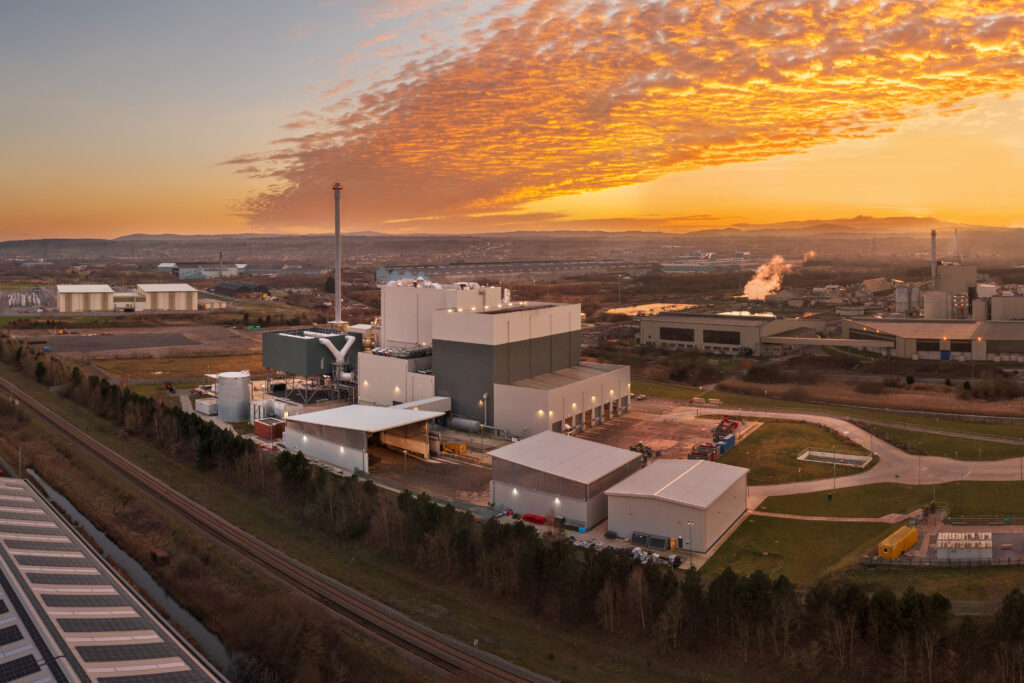
Our vision is to transform enfinium into a carbon removals business powered by unrecyclable waste.
Combining our existing EfW infrastructure with carbon capture technology, we have the potential to remove millions of tonnes of CO2 from the atmosphere. This would form the backbone of new ‘Decarbonisation Hubs’ located around the UK, which could also produce electrolytic hydrogen, generate low carbon heat, and produce reliable homegrown carbon negative power for the electricity system.
This is where we can play a unique role in the UK’s decarbonisation journey: by focusing on decarbonising our operations, and using our existing assets to deliver decarbonisation benefits for the wider economy.
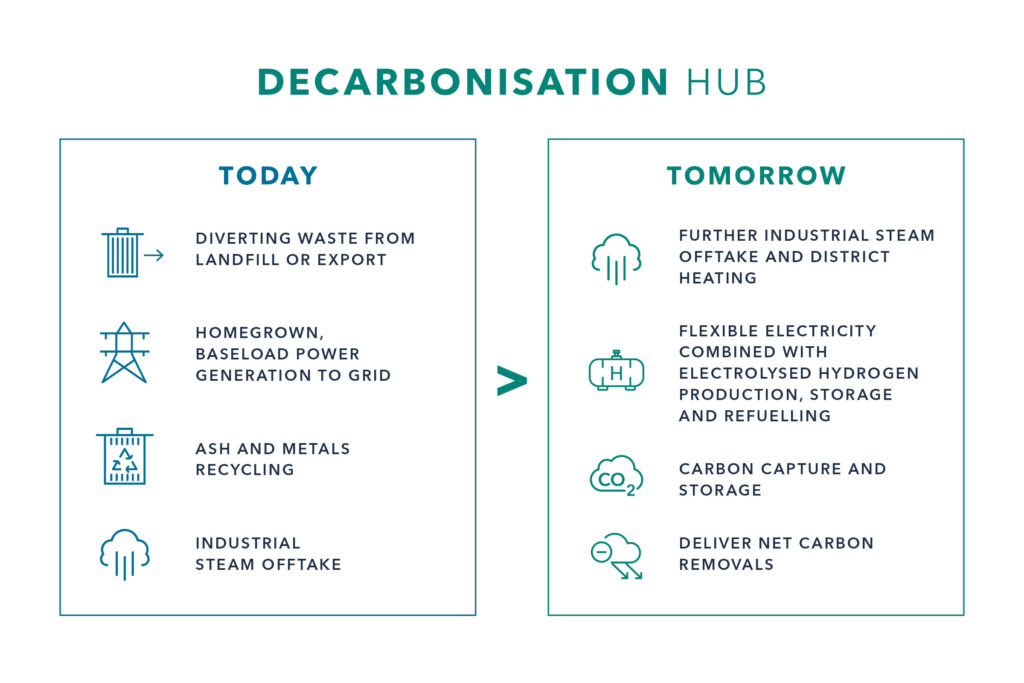
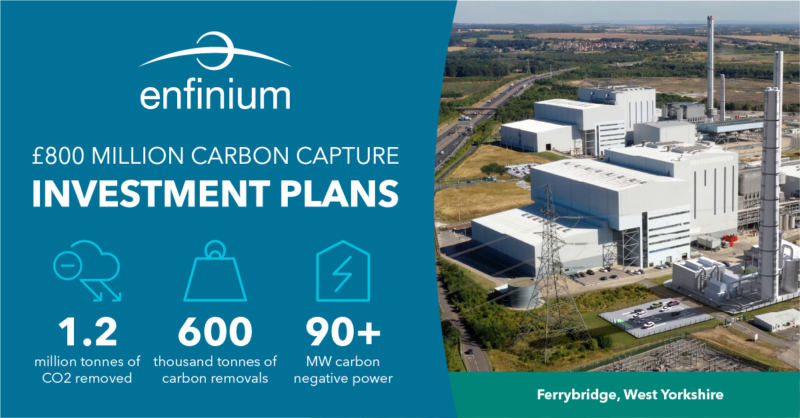
Installing carbon capture and storage (CCS) technology at our energy from waste facilities is the first step in enfinium’s decarbonisation journey. By using CCS technology to capture our biogenic CO2, our EfW plants could take CO2 out of the atmosphere, decarbonise unrecyclable waste, and generate carbon negative power.
That is why we have announced our ambition to lead an investment of up to £800 million over the project lifecycle in CCS technology at our Ferrybridge site in West Yorkshire. Operational from 2030, every year the site will remove over 600,000 tonnes of carbon dioxide from the atmosphere and generate over 90 MW of baseload, homegrown carbon negative power. Find out more here.
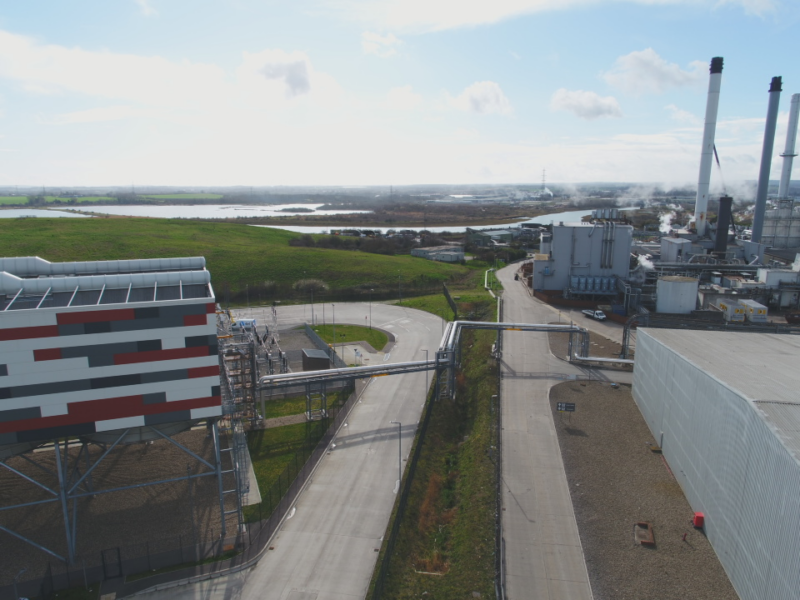
We can supply new heat networks, to decarbonise homes and business, as well as utilise steam to power the future of UK industry. The sector already exports 1.8TWh of heat but only from 11 of the 57 plants operational in the UK.
There is a huge opportunity for many more EfW facilities to harness partially renewable energy to heat homes and businesses across the country, helping to tackle one of the most difficult elements of the Net Zero Transition Plan.
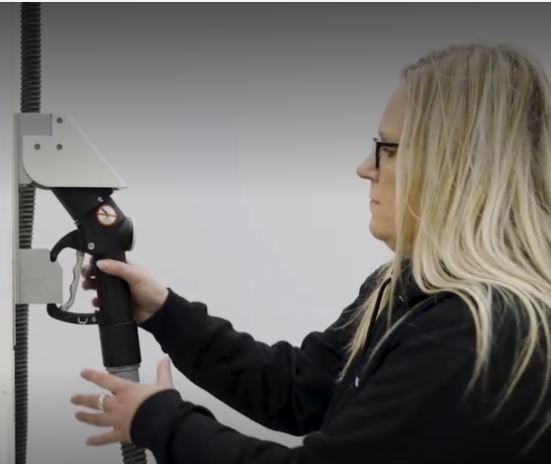
We can power electrolysers to produce homegrown hydrogen when electricity is not needed by the grid. This will help to reduce the UK’s reliance on natural gas and accelerate the decarbonisation of industry, transport and, in future, heating. With the right support mechanisms in place, EfW could be at the forefront of powering a world-leading UK hydrogen economy.